GLASGOW – People in the UK significantly misjudge the amount of sugar in popular drinks, researchers at the University of Glasgow have found. This is particularly so for drinks perceived as healthy. The overconsumption of sugar-sweetened drinks contributes to tooth decay and obesity, which is a major risk factor for health conditions such as type II diabetes, high blood pressure, heart disease and strokes.
Both the availability and the consumption of sugar-sweetened drinks, such as full-sugar carbonated drinks, fruit drinks, sports drinks and energy drinks, has increased considerably over the past two decades.
For the study, 2,005 UK citizens were asked to estimate the number of teaspoons of sugar in some of the UK’s most popular drinks. Whilst the respondents generally slightly overestimated the amount of sugar in carbonated drinks, they significantly underestimated the sugar levels in a milkshake, a smoothie, an energy drink and a variety of fruit juices.
Respondents were also asked to estimate their average weekly liquid consumption in detail, and the results suggested that the average person in the UK consumes 659 grams of sugar and 3,144 calories per week—which equates to 450 calories per day—through non-alcoholic liquid intake. This amount is already the equivalent of nearly a quarter of the recommended daily calories for a woman and a fifth for men.
The survey also revealed that nearly a quarter (24 per cent) of the respondents did not consider their liquid sugar or calorie intake when they were last on a diet. Half of the respondents who admitted to drinking three or more sugary drinks in an average day said they never compensated by reducing the calorie intake of their food.
“What you drink can be as damaging to the body as what you eat and there is no question that consuming too many sugar-sweetened drinks can greatly contribute to abdominal obesity and therefore increase your likelihood of developing health conditions such as type II diabetes and cardiovascular disease,” said Naveed Sattar, Professor of Metabolic Medicine at the University of Glasgow.
“This analysis confirms that many people are perhaps not aware of the high calorie levels in many commonly consumed drinks. Some varieties of drinks such as pure fruit juices and smoothies, which are perceived as healthy options, are also very high in sugar. For many people struggling with their weight, reducing their intake of such drinks and replacing with water or diet drinks would be a sensible first target to help them lessen their calorie intake,” Sattar stated. He suggested that “the soft drinks industry also has a role to play here by providing drinks with less sugar or offering cheaper diet versions”.
LONDON, UK: The manufacturers of British beverage brands Lucozade and Ribena will be reducing the amount of sugar and calories in their products by up to 10...
Action on Sugar, a campaigning group which informs and influences sugar reduction policies in the UK, warns that vegan ready meals can contain more than ...
LEEDS, UK: The UK government has recently taken action to reduce sugar intake in the country and called for industry reformulation of foods that contribute ...
RUGBY – The British Dental Health Foundation has joined more than 60 organisations backing recommendations for a tax on sugary drinks. The movement is...
LONDON, England: The commercial baby food industry powerfully shapes early childhood nutrition in the UK and globally. Despite its trusted image, its ...
NOTTINGHAM, UK: Given what we know about the relationship between rates of obesity and sugar consumption, it would seem to be common sense that children who...
LONDON, UK: In light of the 2018 FIFA World Cup currently on in Russia, the British Dental Association (BDA) has cautioned that the unprecedented ...
LONDON, UK: Sugar and its harmful effects on the population have been an ongoing focus in England for some time. In 2016, as part of a broader government ...
Health care providers are recommended to check the teeth of patients with type 2 diabetes (T2D), in a new study conducted by the University at Buffalo.
...
LONDON, England: The UK government has launched a 12-week consultation proposing a ban on sales of high-caffeine energy drinks to under-16s. This ...
Live webinar
Wed. 4 February 2026
12:00 am UTC (London)
Live webinar
Wed. 4 February 2026
4:00 pm UTC (London)
Live webinar
Thu. 5 February 2026
7:30 pm UTC (London)
Dr. Boota Ubhi BDS, FDS RCS (Edin), MDentSci, MRD RCS (Eng) Specialist, Cat Edney
Live webinar
Fri. 6 February 2026
1:00 am UTC (London)
Dr. Zeeshan Sheikh Dip.Dh, BDS MSc, M.Perio, PhD, FRCDC, Dip-ABP
Live webinar
Wed. 11 February 2026
12:00 am UTC (London)
Prof. Dr. Wael Att, Dr. Robert A. Levine DDS, FCPP, FISPPS, AOD, Dr. Larissa Bemquerer ITI Scholar at Harvard
Live webinar
Wed. 11 February 2026
4:00 pm UTC (London)
Dr. med. dent. Sven Mühlemann
Live webinar
Wed. 11 February 2026
5:00 pm UTC (London)
Prof. Dr. Samir Abou Ayash



 Austria / Österreich
Austria / Österreich
 Bosnia and Herzegovina / Босна и Херцеговина
Bosnia and Herzegovina / Босна и Херцеговина
 Bulgaria / България
Bulgaria / България
 Croatia / Hrvatska
Croatia / Hrvatska
 Czech Republic & Slovakia / Česká republika & Slovensko
Czech Republic & Slovakia / Česká republika & Slovensko
 France / France
France / France
 Germany / Deutschland
Germany / Deutschland
 Greece / ΕΛΛΑΔΑ
Greece / ΕΛΛΑΔΑ
 Hungary / Hungary
Hungary / Hungary
 Italy / Italia
Italy / Italia
 Netherlands / Nederland
Netherlands / Nederland
 Nordic / Nordic
Nordic / Nordic
 Poland / Polska
Poland / Polska
 Portugal / Portugal
Portugal / Portugal
 Romania & Moldova / România & Moldova
Romania & Moldova / România & Moldova
 Slovenia / Slovenija
Slovenia / Slovenija
 Serbia & Montenegro / Србија и Црна Гора
Serbia & Montenegro / Србија и Црна Гора
 Spain / España
Spain / España
 Switzerland / Schweiz
Switzerland / Schweiz
 Turkey / Türkiye
Turkey / Türkiye
 UK & Ireland / UK & Ireland
UK & Ireland / UK & Ireland
 International / International
International / International
 Brazil / Brasil
Brazil / Brasil
 Canada / Canada
Canada / Canada
 Latin America / Latinoamérica
Latin America / Latinoamérica
 USA / USA
USA / USA
 China / 中国
China / 中国
 India / भारत गणराज्य
India / भारत गणराज्य
 Pakistan / Pākistān
Pakistan / Pākistān
 Vietnam / Việt Nam
Vietnam / Việt Nam
 ASEAN / ASEAN
ASEAN / ASEAN
 Israel / מְדִינַת יִשְׂרָאֵל
Israel / מְדִינַת יִשְׂרָאֵל
 Algeria, Morocco & Tunisia / الجزائر والمغرب وتونس
Algeria, Morocco & Tunisia / الجزائر والمغرب وتونس
 Middle East / Middle East
Middle East / Middle East
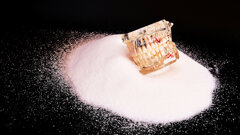





























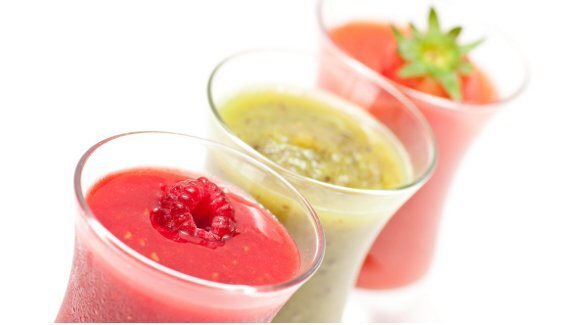



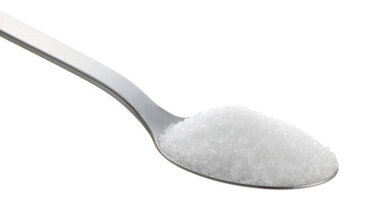


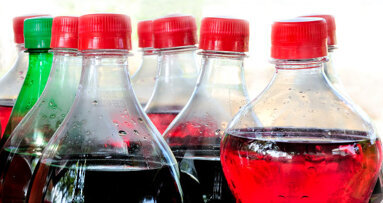




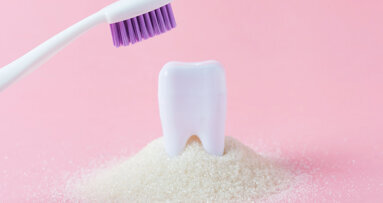
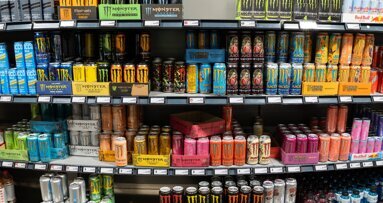









To post a reply please login or register